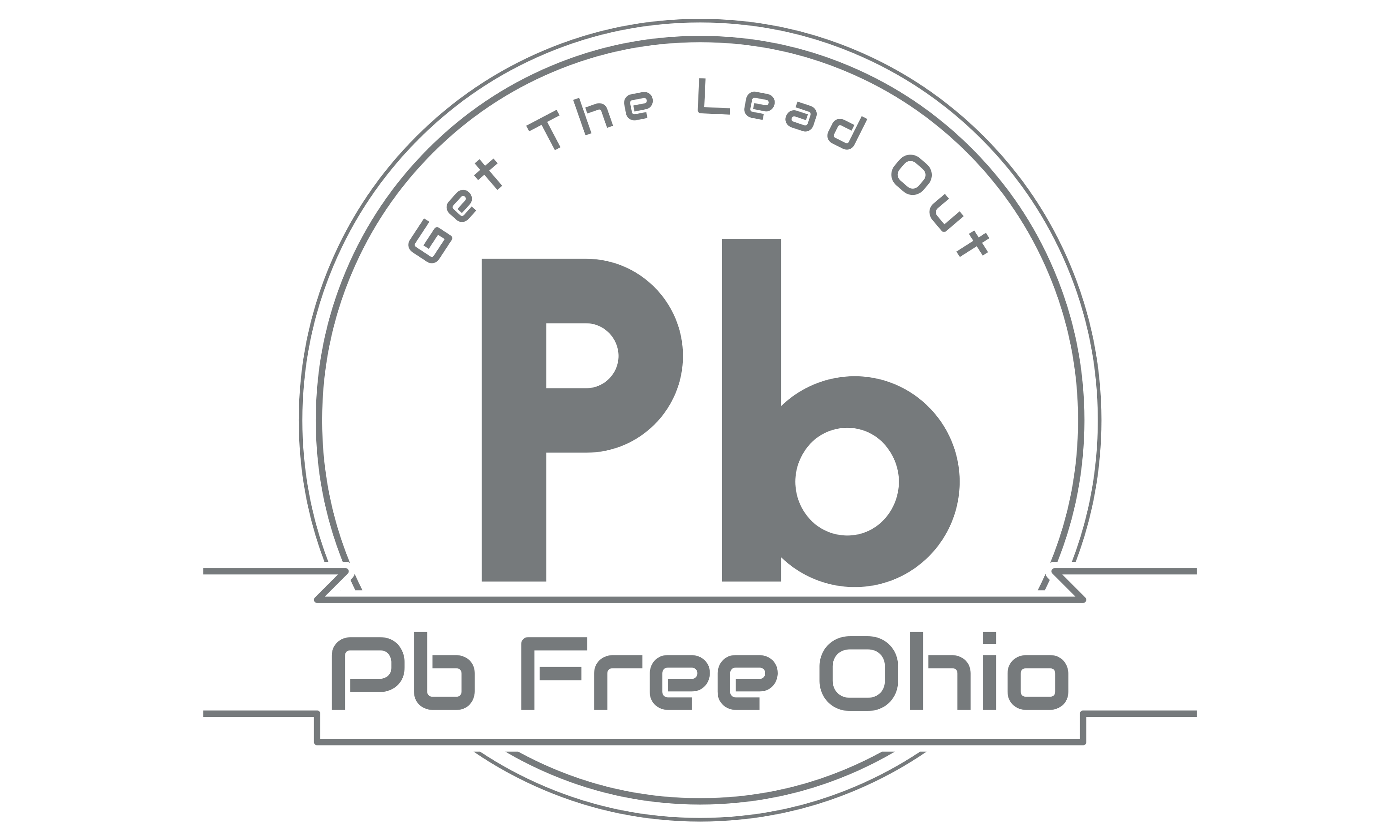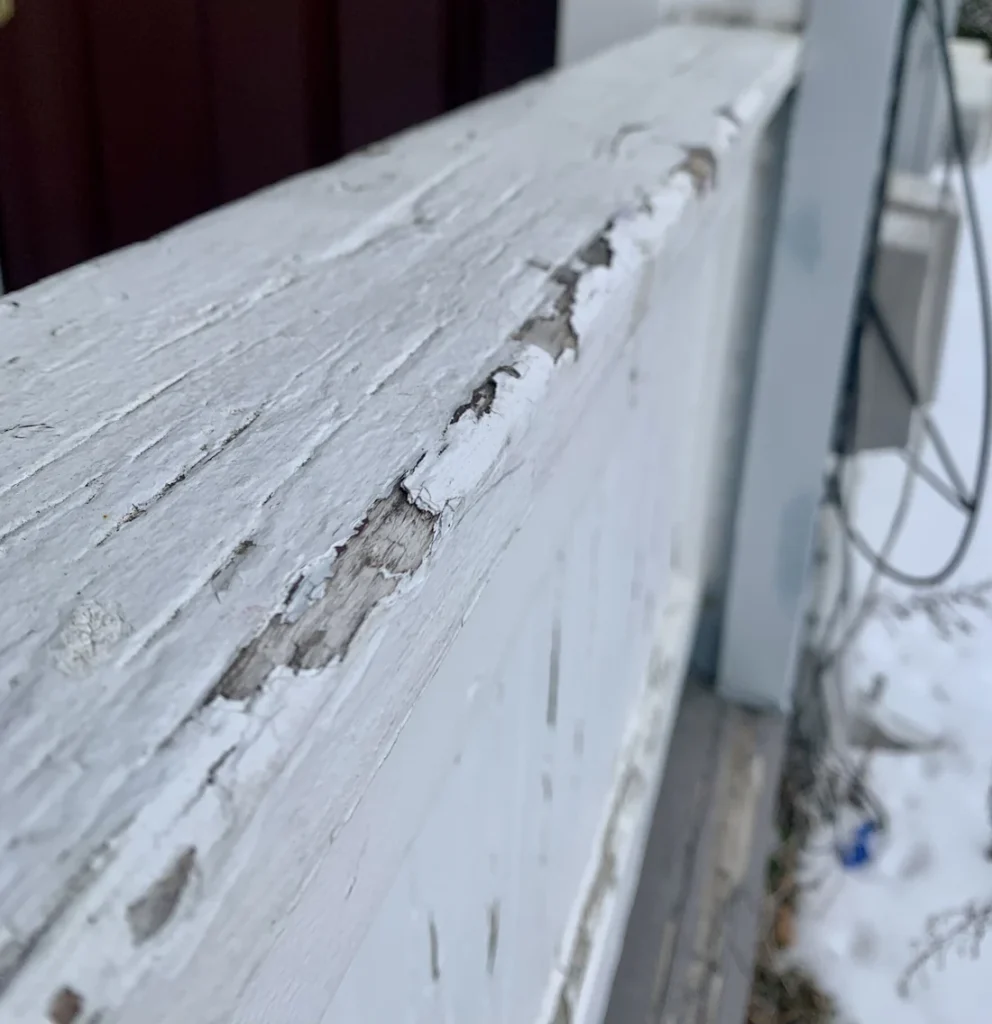2022 is the year that Syracuse’s lead ordinance finally goes into effect after being passed in the summer of 2020 by the common council.
Syracuse’s Commissioner of Neighborhood and Business Development, Michael Collins, said now that this will make it much easier to remediate lead in the city’s old housing stock.
“What the lead ordinance does is it gives us an enforcement tool, and it allows us to consider the presence of lead paint as a code violation,” he said.
The ordinance allows them more manpower for code enforcement, expanding their ability to address more homes.
“So we’re able to identify it in more properties, and therefore create more opportunities for to be addressed,” he said.
Because so much of Syracuse’s housing stock was built before 1978–when lead paint was banned–they did have to prioritize which houses and neighborhoods would receive lead remediation.
“Very specifically, we targeted the areas that were having the highest instances of child lead poisoning,” said Collins.
The prevalence of lead in so much of Syracuse’s old housing stock has been a concern of city and county officials and local residents for quite some time.
In fact, in 2020, 9% of all children tested indicated high blood lead levels. While that’s better than it was even a decade ago, it’s still significantly higher than average.
So, why did it take nearly two years for this ordinance to go into effect? Collins said there are a few factors–one being that this is major legislation and they wanted to take time to get its implementation right.
“You need to make sure that implementation of something that never existed before at this and certainly needs to happen at this scale–that it’s done correctly,” said Collins.
Of course, much of city spending in 2020 and even 2021 went to pandemic mitigation.
“The financial challenges that the city had to address for early on in the pandemic and really through that first year have been well documented in and that’s something that we’re really glad to be passed,” he said.
Syracuse mayor, Ben Walsh, has also proposed an additional $4.5 million of the city’s American Rescue Plan money to contribute further to the remediation process.

